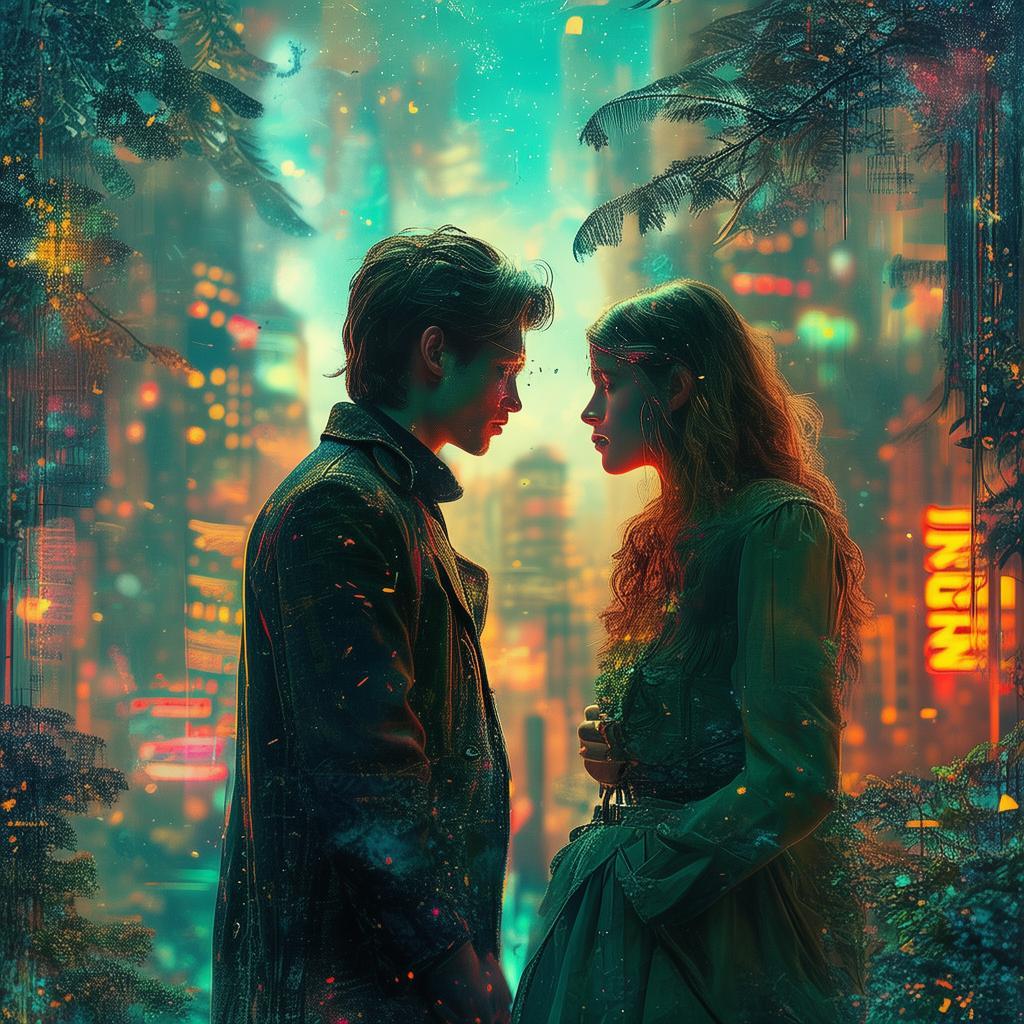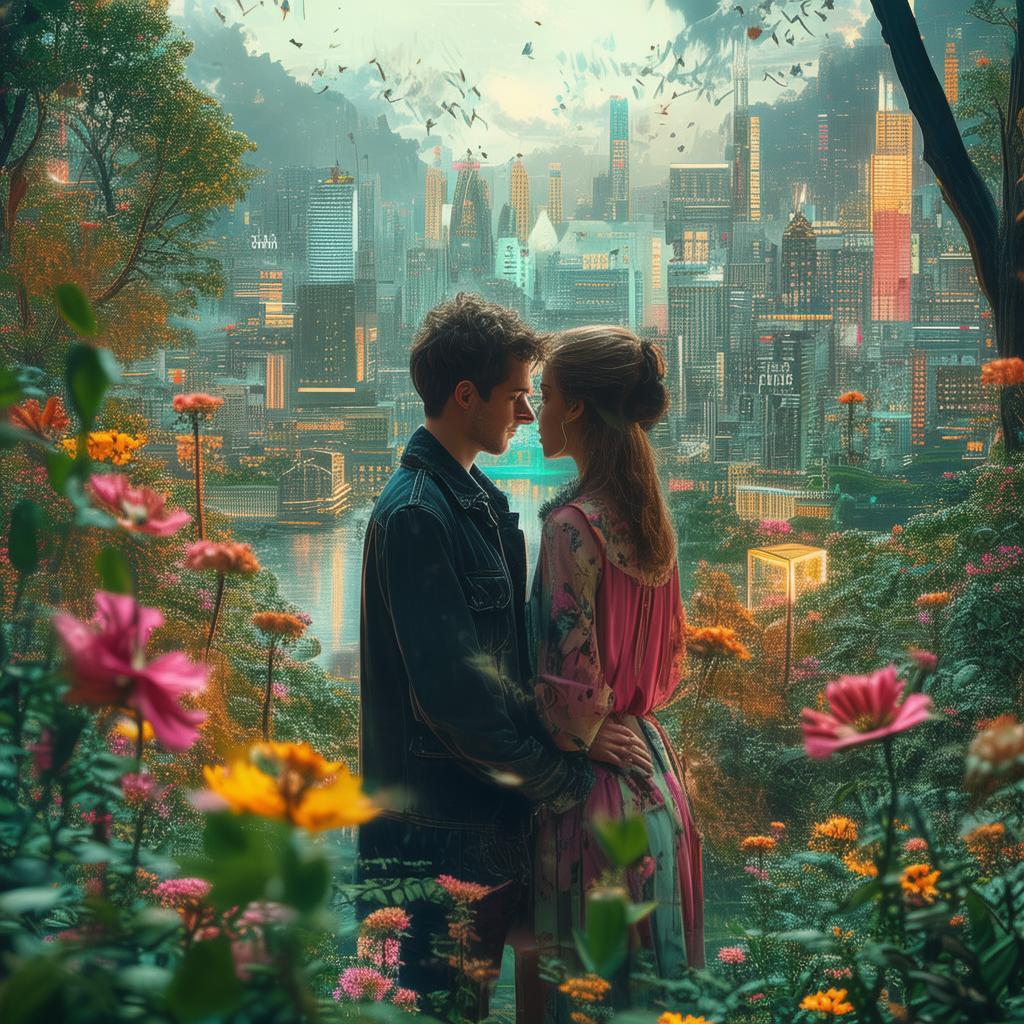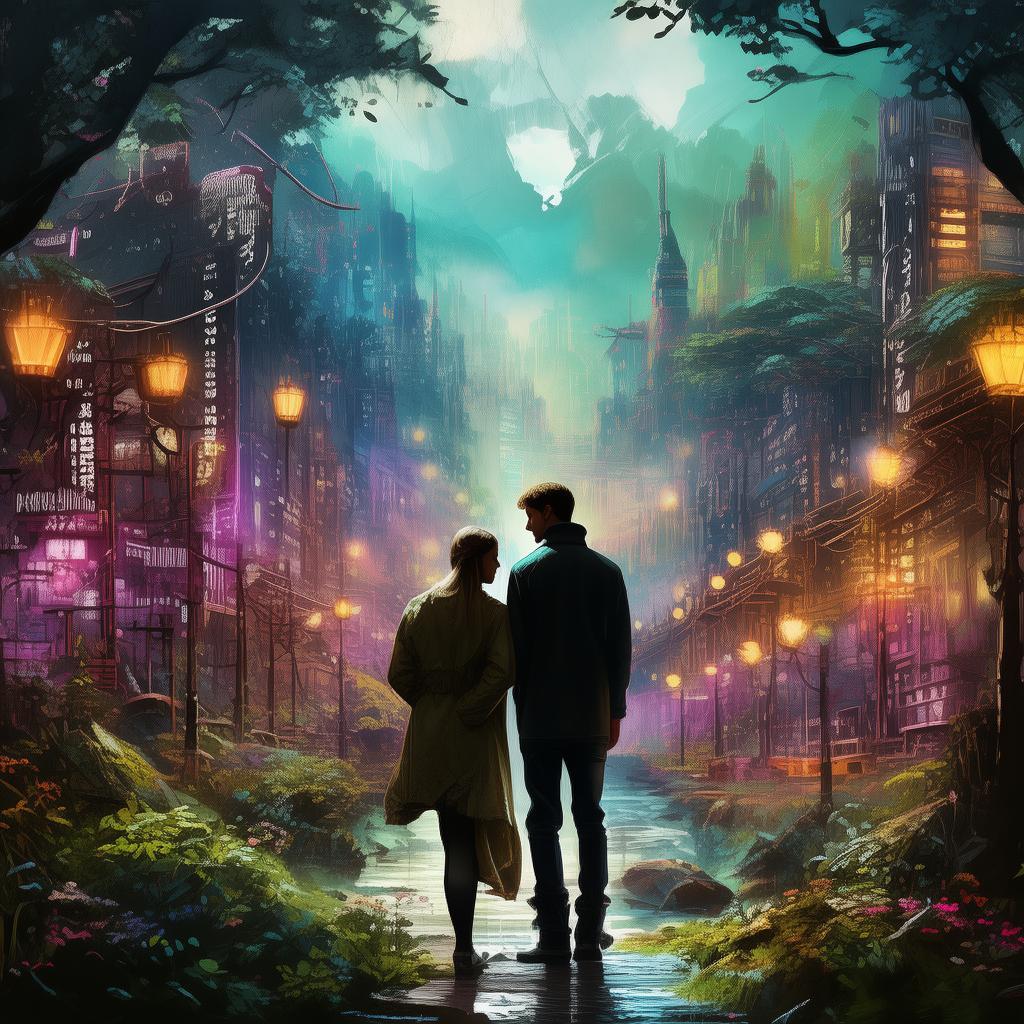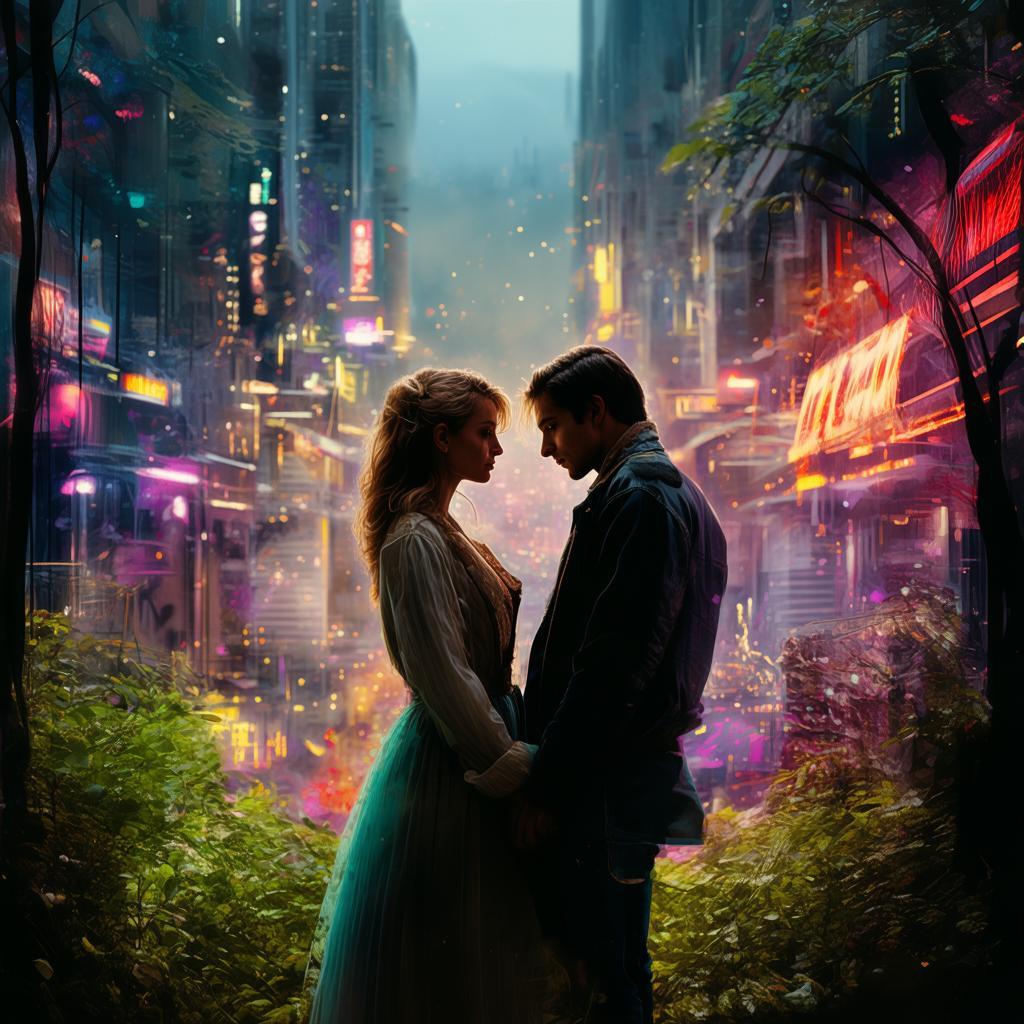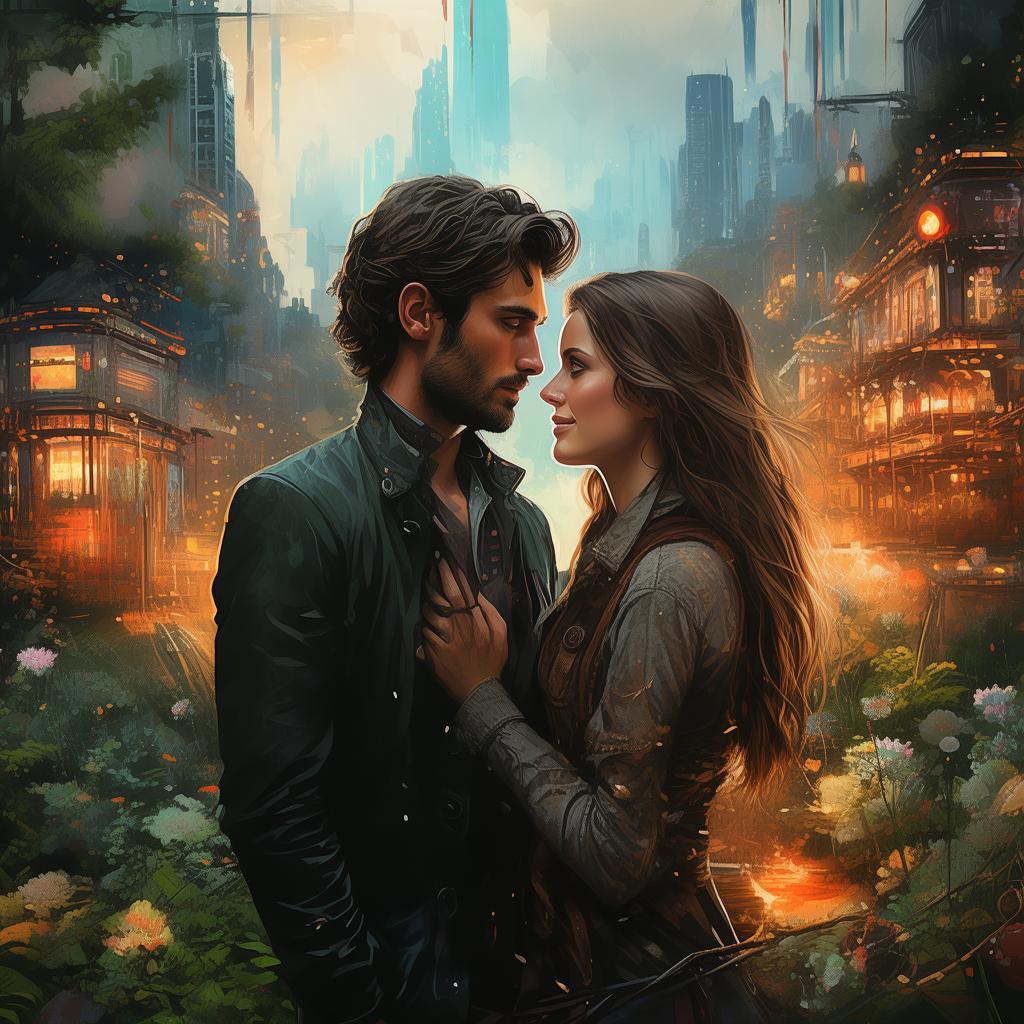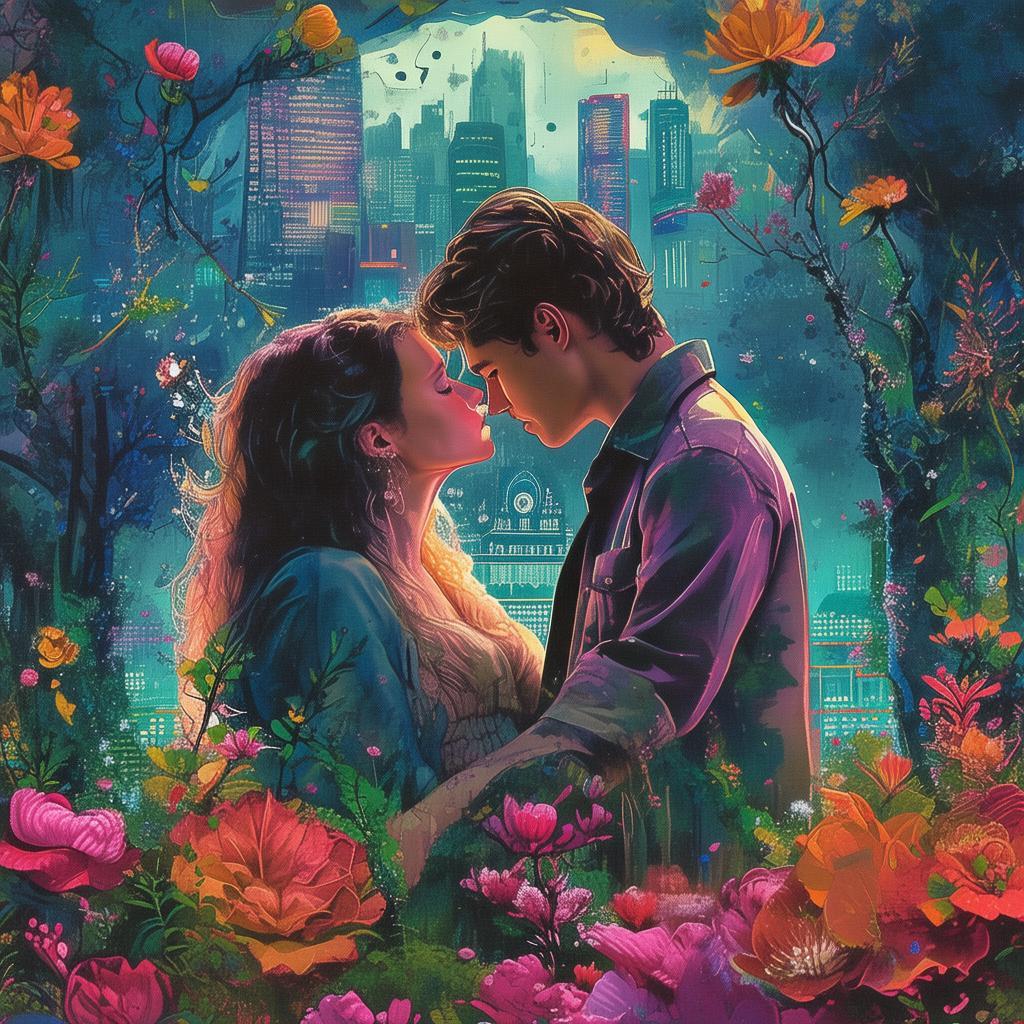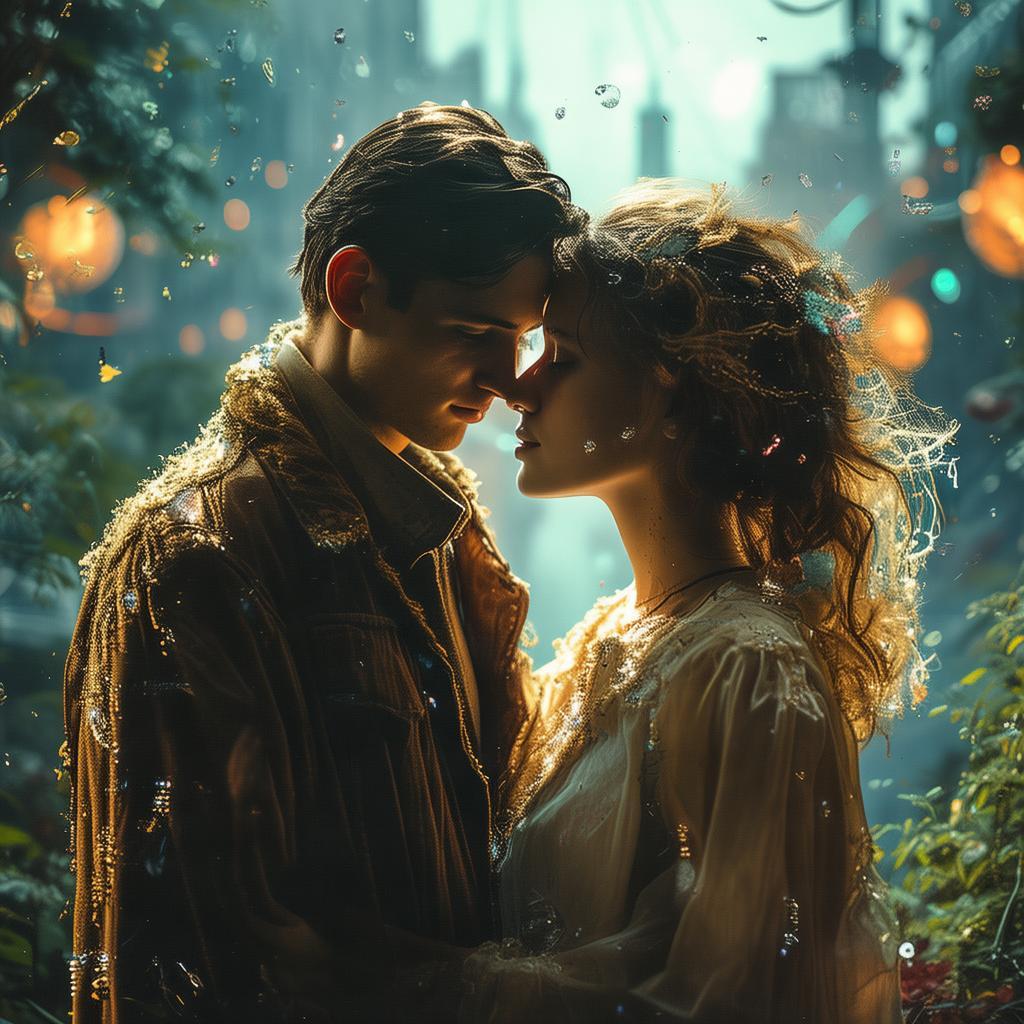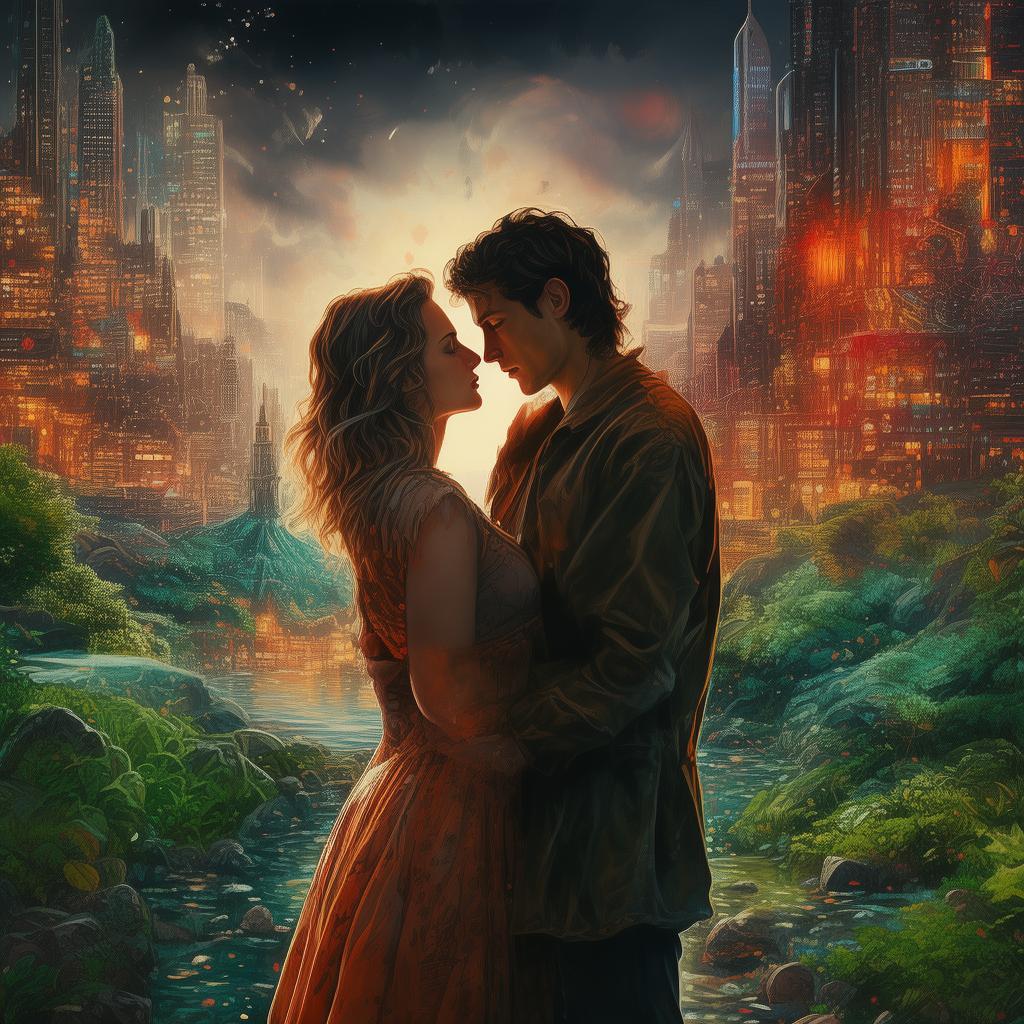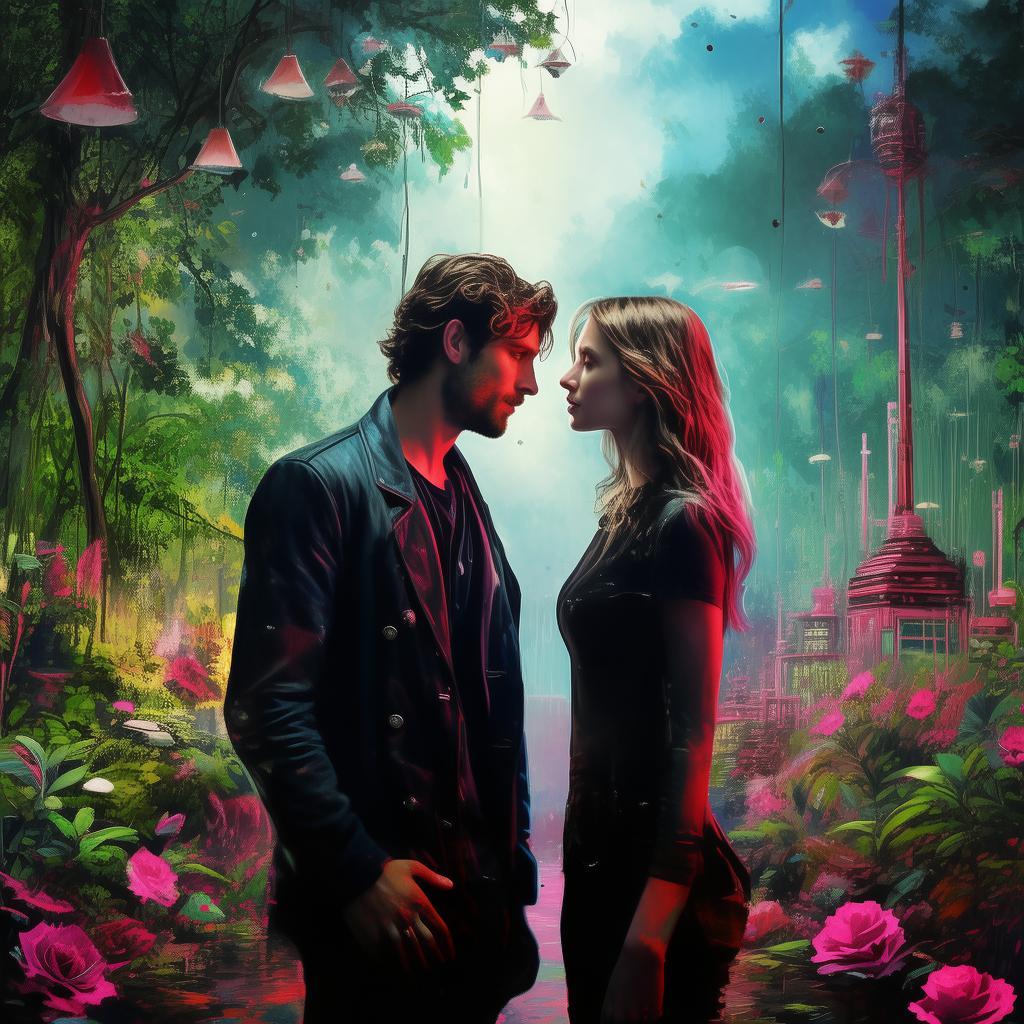The Last Victorian Affair
In the heart of a parallel Victorian world, where the steam engine hummed and the gas lamps flickered with an eerie glow, lived a young woman named Eliza. She was a portrait painter by trade, her brush strokes carrying the weight of her soul into the canvas. Her life was as ordinary as the tea-colored wallpaper that adorned her modest home, until one rainy afternoon when she stumbled upon a peculiar journal hidden beneath the floorboards of her grandmother's attic.
The journal was old, its leather cover worn and its pages yellowed with age. It was filled with entries, each one more haunting than the last. The handwriting was elegant, yet there was a palpable sense of urgency and sorrow that seemed to seep from the ink. Eliza's curiosity was piqued, and she found herself drawn into the world of the journal's author, a woman named Isabella.
Isabella's story was one of forbidden love. She was a daughter of a wealthy merchant, and her heart belonged to a young artist, a man from the lower classes. Their love was a tempest in a teacup, a storm that threatened to upend the rigid social order of their time. As Eliza read on, she realized that Isabella's story was not just a tale of romance, but a testament to the power of love to transcend even the most insurmountable barriers.
The journal spoke of a secret meeting place, a hidden garden where Isabella and her artist had once whispered their love. Intrigued, Eliza decided to visit the garden, hoping to uncover the remnants of Isabella's past. As she walked through the overgrown pathways, she felt a strange pull, as if the garden itself was alive with the echoes of the past.
It was then that Eliza noticed a peculiar clock, its hands frozen at a peculiar hour. She reached out to touch it, and suddenly, the world around her blurred and twisted. When her vision cleared, she found herself standing in a completely different garden, one that was lush and vibrant, untouched by time.
In this garden, she saw Isabella, her eyes filled with a mix of fear and hope. The young artist was there too, his face etched with the same sorrow that had haunted Isabella's entries. Eliza approached them cautiously, and Isabella turned to her, her eyes wide with recognition.
"Who are you?" Isabella asked, her voice trembling.
"I am Eliza," she replied, "but I am here from the future. I have read your story, and I have come to help."
Isabella looked at her with a mixture of surprise and relief. "Help? How can you help?"
Eliza explained that she had come to find the garden, to understand the love that had driven Isabella to the brink of madness. She had come to learn from her story, to carry the lessons of love and sacrifice forward into her own time.
As they spoke, Eliza realized that Isabella's love was not just a historical curiosity, but a mirror to her own heart. She had feelings for a man who was not her father's choice for a son-in-law, a man who was not from her social standing. And just as Isabella had faced the wrath of society, Eliza was facing her own set of challenges.
The artist, whose name was Thomas, stepped forward. "I love her," he said simply. "I will always love her."
Eliza nodded, her heart pounding with the weight of her own feelings. "And I love you," she whispered.
The garden seemed to come alive around them, the flowers blooming with a newfound vibrancy, the trees whispering secrets of the past. In that moment, Eliza understood that love was not bound by time or place, that it could transcend even the most rigid of societal norms.
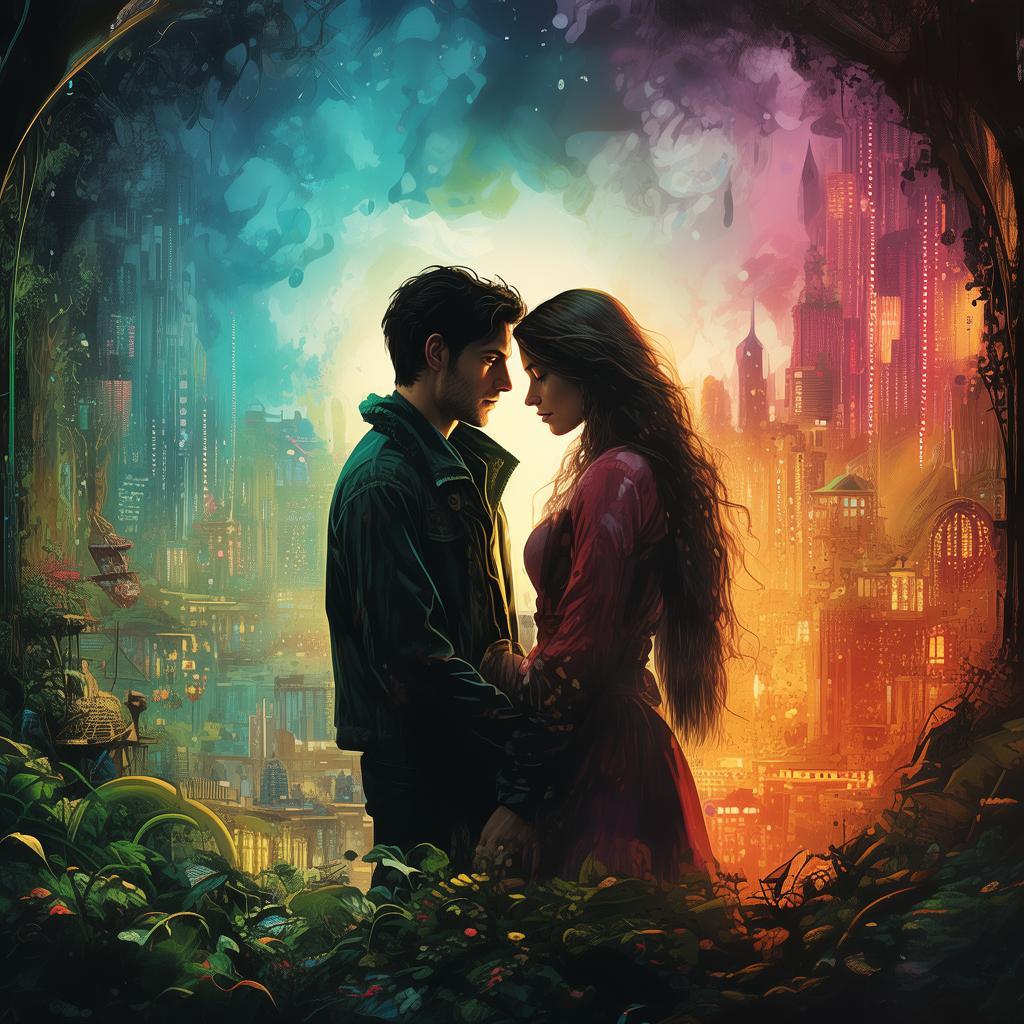
As the sun began to set, casting a golden glow over the garden, Eliza knew it was time to return to her own time. She reached out to the clock once more, and the world around her twisted and blurred once more. When her vision cleared, she was back in her grandmother's attic, the journal still in her hands.
She closed the journal, her heart full of resolve. She knew that her own love story was not yet written, but she also knew that it was worth fighting for. She would not allow her own love to be stifled by the expectations of society, just as Isabella had not allowed her love to be stifled by the same.
Eliza left the attic, the journal tucked safely under her arm, her heart light and her steps sure. She had found the garden, and in doing so, she had found the courage to love freely, to embrace the unknown, and to let her heart guide her through the world, Victorian Era to Future Victorian Era.
✨ Original Statement ✨
All articles published on this website (including but not limited to text, images, videos, and other content) are original or authorized for reposting and are protected by relevant laws. Without the explicit written permission of this website, no individual or organization may copy, modify, repost, or use the content for commercial purposes.
If you need to quote or cooperate, please contact this site for authorization. We reserve the right to pursue legal responsibility for any unauthorized use.
Hereby declared.
